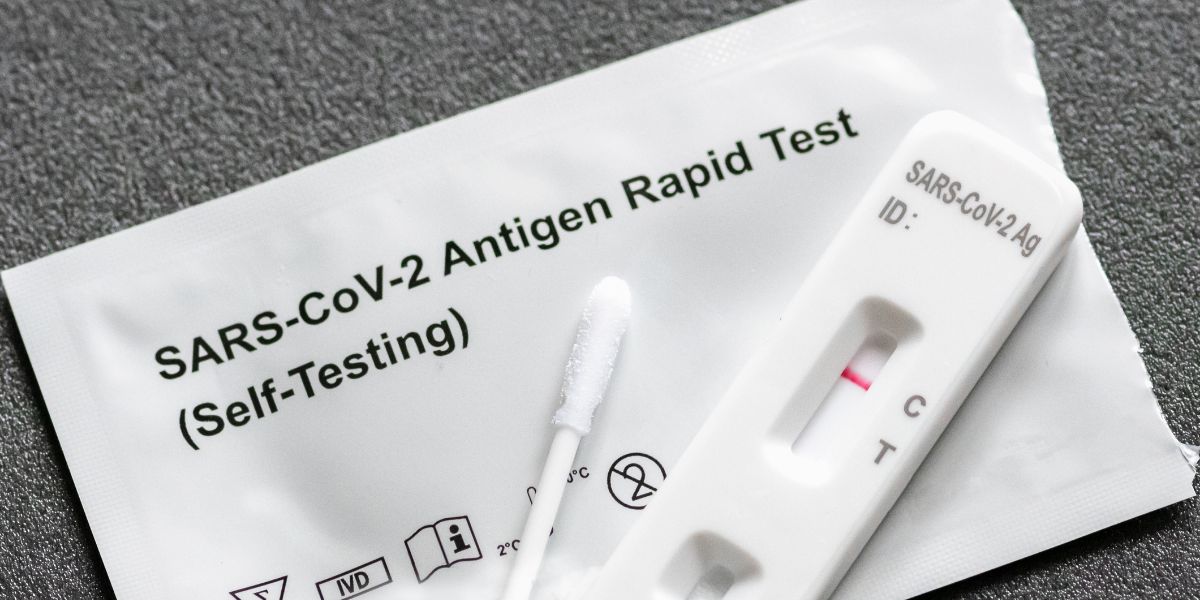An immune response against the COVID-19 virus can potentially be triggered by viral “molecular mimics” that resemble the body’s own proteins, new evidence has revealed.
Researchers from the University of Utah Health have detected a set of COVID-derived molecular mimics that are likely to be involved in causing autoimmunity.
Prior studies have found that COVID-19 is associated with a greater risk of autoimmune disorders, such as type 1 diabetes and rheumatoid arthritis.
- Weight management programmes found to help treat long COVID
- Catching COVID-19 during childhood could increase risk of type 2 diabetes later in life
- Light shed on how COVID-19 causes diabetes or makes condition worse
In this trial, the team of researchers first assessed viral components similar to human proteins which are attacked in several autoimmune diseases.
By using machine learning, the academics detected the viral components most likely to be bound by human antibodies, with some of these being associated with multiple sclerosis or type 1 diabetes.
According to the results, some proteins that are likely targets of COVID-induced autoimmunity are only present in individuals with certain genetics.
- Study to determine if type 1 diabetes can be treated with osteoporosis medication
- Association found between blood sugar levels and autoimmunity in children with high risk of type 1 diabetes
- Type 1 diabetes-related problems predicted by continuous glucose monitors
Lead author Professor Julio Facelli said: “It’s exciting that in collaboration with our clinical colleagues, we can now use AI and machine learning to address medical conditions exacerbated by the COVID pandemic.
“Hopefully, our results will lead to better understanding and eventual treatment and prevention of these debilitating conditions.”
Read the study in the journal Immunoinformatics.







